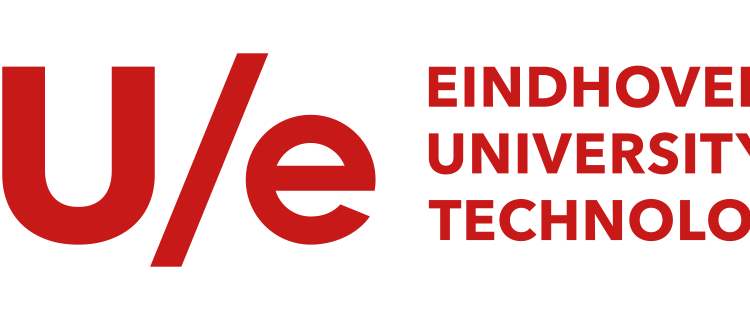Eindhoven University of Technology: Three technologies enter the market thanks to Take Off funding
A technology to develop phenol from sustainable crude oil, a healthy cooking method that relies on Internet of Things (IoT) and an analysis system to detect rare tumour cells. These three TU/e projects can further commercialise their products and results thanks to funding from NWO, who have made 40,000 euros available per project.
NWO awards a so-called Take Off grant to researchers who can use it to further develop their results into a commercial product, conduct a feasibility study into the commercialisation of their innovation or enter the market as a start-up. In total, 43 projects in the domain of Applied and Technical Sciences received funding for a total amount of EUR 3.8 million.
PRODUCTION OF SUSTAINABLE PHENOL
Vertoro converts non-edible biomass residues into sustainable crude oil. This oil – called Goldilocks – can serve as a basis for the production of fuels, materials and chemicals, just like fossil oil. With NWO funding, Vertoro, together with Eindhoven University of Technology, will develop a process to convert this sustainable crude oil into phenol, an important chemical building block for plastics.
In this process, fossil, benzene-rich streams are used as solvents. These streams are benzene-poor after the process. The latter is of great importance to oil companies. Due to strict EU standards, petrol may only contain one percent benzene, as benzene is a carcinogenic substance. “We are therefore killing two birds with one stone, as we are producing sustainable phenol and at the same time increasing the value of an important fossil resource for petrol,” clarifies Michael Boot, CEO of Vertoro.
COOKING VIA INTERNET OF THINGS
The focus of the research project of assistant professor Joep Frens’ team is on healthy and automated cooking through Internet of Things (IoT). The aim is to simplify the preparation of healthy and varied food and make it less time-consuming. “When healthy cooking takes a lot of time, people switch more quickly to the unhealthier convenience food,” Frens explains. “We use IoT to automate the cooking process. We do not focus on developing gadgets. Instead, we are looking for ways to improve convenience and speed, for example through personalised food.”
The team – part of the Future Everyday group within Industrial Design – consists of Tom Djajadiningrat of DesignDrone, Joep Frens, Peter Peters, Geert van den Boomen and Chet Bangaru with support from The Gate, start-up desk for all tech start-ups in the Brainport region. The funding will be used to develop a proof-of-concept that will be extensively tested among users.
DETECTION OF TUMOUR CELLS
Postdoctoral researcher Sertan Sukas and his team do research on circulating tumour cells (CTCs). These are cancer cells originating from existing tumours, which cause metastases through circulation in the bloodstream. CTCs are crucial for cancer research and diagnosis, but they are hard to find: there are only 1-10 CTCs per millilitre of blood compared to billions of normal blood cells. Because CTCs are rare and heterogeneous (dissimilar), each cell must be analysed individually.
This requires an efficient and reliable analysis system in the form of a chip. This chip enables identification, purification and extraction of all CTCs from blood. “We will use the funding to set up a feasibility study, because we want to commercialise the product,” says Sukas.

